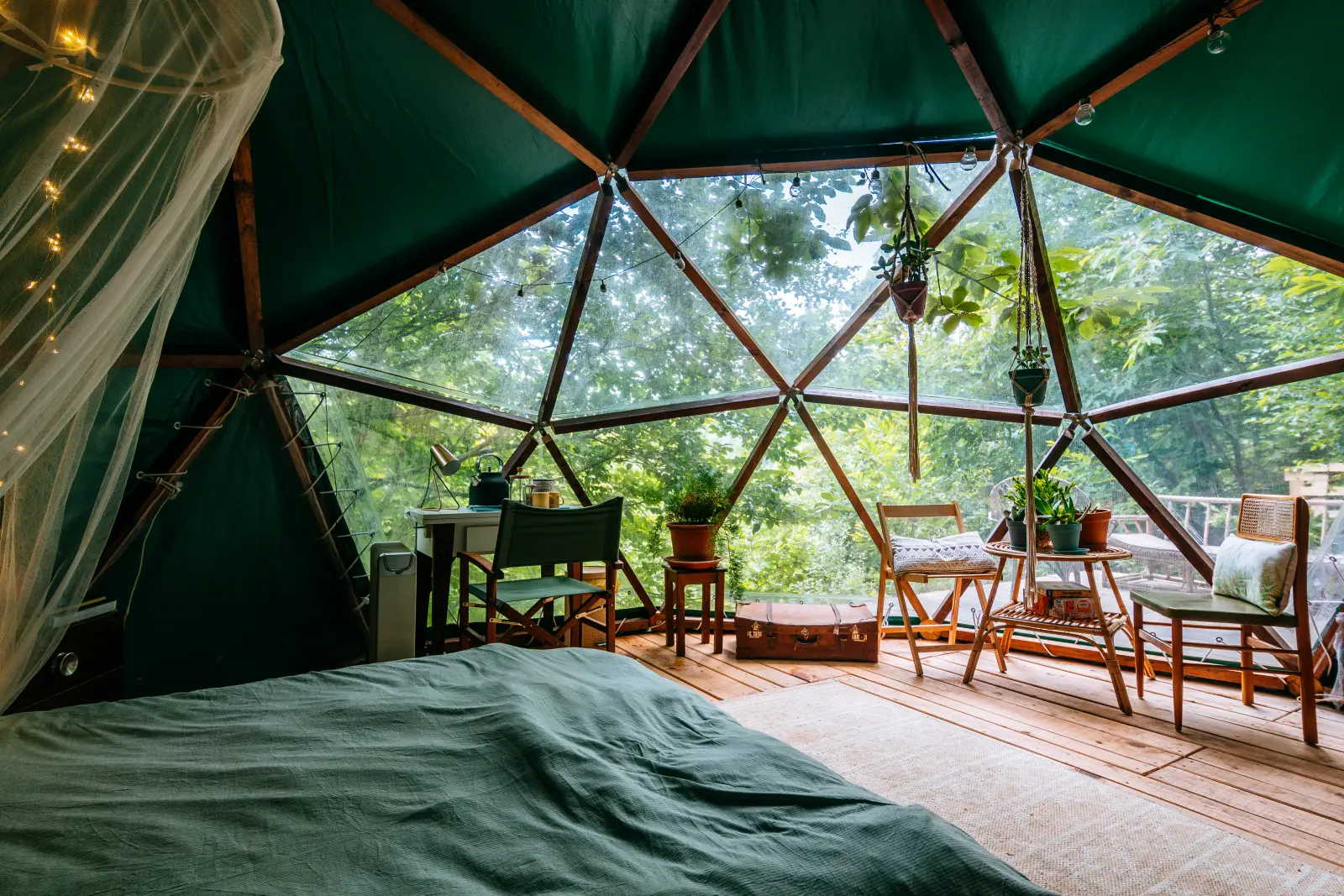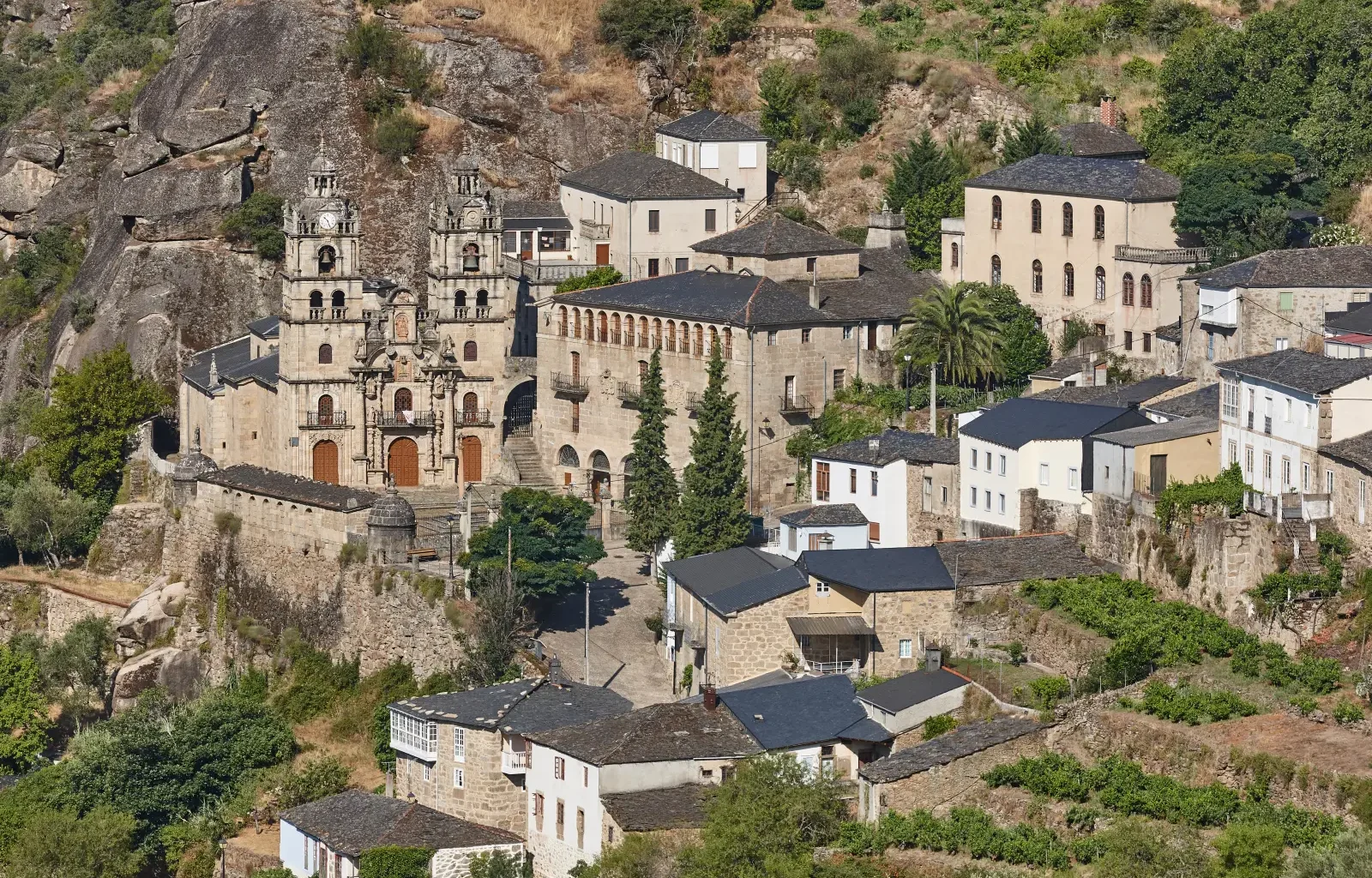Travellers seeking authenticity are increasingly trading crowded city streets and tourist-packed coastlines for the quiet charm of Spain’s rural towns.
Away from the bustle, these smaller destinations offer a slower pace of life, deeper cultural connections, and a more sustainable travel experience. The shift is not only redefining how people explore Spain but also delivering meaningful economic benefits to areas that once faced steady population decline.
New research shows this trend is gaining momentum. According to a recent report by Analistas Financieros Internacionales (Afi), 13 million people opted for rural accommodation in Spain last year. Their visits generated an estimated €5.56 billion in spending, with €3.2 billion going directly to local businesses such as restaurants, shops, and markets. This growth also spurred a 4% increase in hospitality and retail employment in these regions.
The Role of Short-Term Rentals
Much of the surge in rural tourism can be traced to the availability of short-term rental options. Platforms like Airbnb have enabled travellers to reach areas previously off the tourism map, especially villages without traditional hotel infrastructure. Airbnb reports that the typical income for its hosts in Spain reached €5,200 in 2023—a significant contribution to many household budgets.
 A forest glamping dome in Gorbea, Spain. Photo Credit: Jon Chica / Shutterstock.com
A forest glamping dome in Gorbea, Spain. Photo Credit: Jon Chica / Shutterstock.com
By providing flexible, personalised, and affordable accommodation, short-term rentals attract a broader range of visitors. This model also helps to spread tourism throughout the year, reducing seasonal peaks and offering rural communities a more stable income flow. The result is a diversification of Spain’s tourism sector, easing the pressure on overcrowded urban destinations and channelling visitors towards hidden gems such as the Ribeira Sacra, the Alt Empordà, the Sierra de Cádiz, and inland areas of the Valencian Community.
Challenges with Current Regulations
Despite the benefits, rural short-term rentals face hurdles due to regulations originally designed for urban environments. These laws often fail to reflect the realities of sparsely populated areas. Jaime Rodríguez de Santiago, General Manager for Spain at Airbnb Marketing Services, highlights that current legislation “creates unnecessary difficulties” for rural hosts because it does not address their unique circumstances.
One of the main proposals from Afi’s report is to exempt small villages—especially those with fewer than 1,000 inhabitants—from the standard urban planning rules. In these towns, short-term rentals typically account for just 0.6% of housing stock, far from posing any threat to permanent housing availability. Instead, they present opportunities to revive unused properties, from empty family homes to heritage buildings restored for tourism use.
Proposals for Sustainable Growth
In addition to adapting planning regulations, the report calls for streamlining the legal registration of rural accommodations. Simplifying bureaucracy—through a single application point, online procedures, and criteria tailored to rural contexts—could encourage more small property owners to enter the market. Currently, many face complex and costly processes that deter participation.
Another recommendation is to prioritise rural tourism projects within public funding programmes, particularly those tied to digitalisation, ecological transition, and local commerce promotion. Potential initiatives include:
Energy-efficient renovations for rural holiday homes.Digital skills training for hosts and small tourism entrepreneurs.Support for cultural and gastronomic events that complement accommodation services.Economic Potential for Rural Communities
The economic ripple effects of short-term rentals in rural areas can be substantial. Afi’s analysis estimates that adding just one holiday rental property in a village without existing listings could attract up to 580,000 additional tourists annually nationwide. This influx could generate as much as €135 million in economic impact across participating communities.
Such growth would not only boost tourism revenues but also create new jobs, increase demand for local produce and crafts, and help finance the preservation of cultural traditions. In some cases, the arrival of travellers has already encouraged younger residents to remain in or return to their hometowns, countering decades of rural depopulation.
A Model with Room to Grow
Although rural short-term rentals have expanded steadily since the pandemic, the sector still has significant growth potential. Advocates argue that with the right regulatory adjustments and targeted support, more villages could benefit from this form of tourism. The key, they say, is to balance accessibility and sustainability, ensuring that growth strengthens local communities without overwhelming them.
For travellers, the trend offers a chance to explore Spain’s lesser-known corners while directly supporting the people who live there. For rural communities, it represents a lifeline—transforming unused properties into economic assets and ensuring that their unique heritage continues to thrive in the modern era.
Top Photo Credit: ABB Photo / Shutterstock.com
